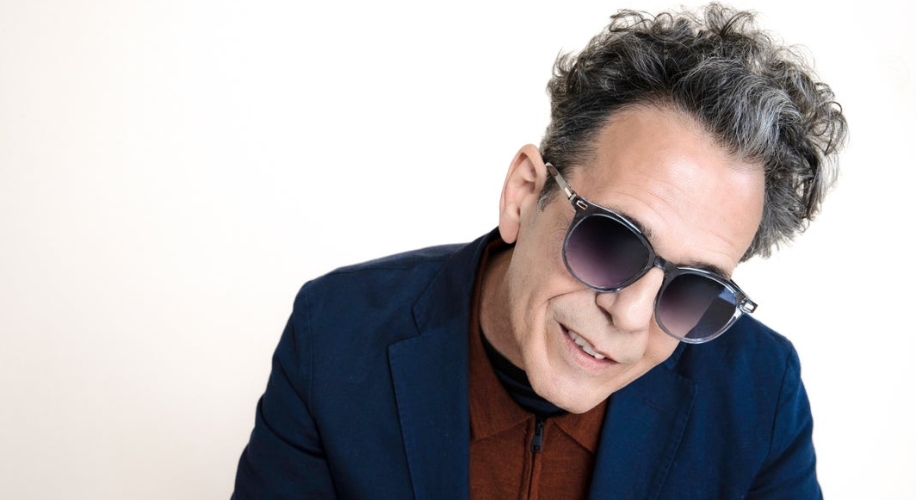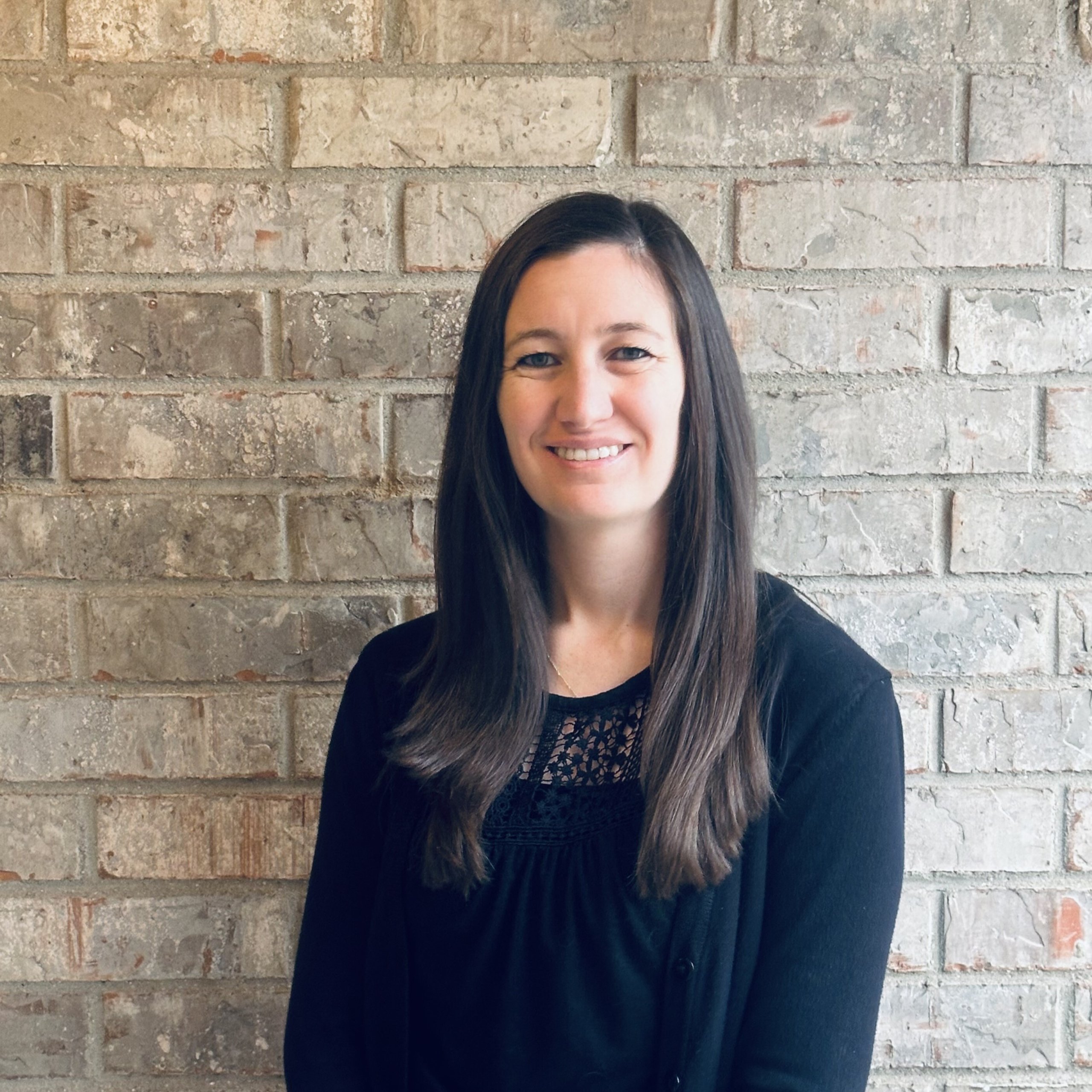The Ultimate Eye Exam Guide for All Ages: What to Discuss with Your Optometrist
- BY Alyssa Buchanan
- IN Eye Care
Regular eye exams are essential for maintaining optimal vision and overall eye health. Different age groups have unique vision needs and potential concerns, so it’s crucial to tailor your eye exam discussions accordingly. At Zenni, we understand the importance of addressing specific vision conditions and providing the right eyewear solutions. Here’s a comprehensive guide to the types of tests and vision conditions to discuss with your optometrist based on your age.

Photo by Askar Abayev
For Infants and Toddlers: Ensuring Healthy Vision from the Start
The American Optometric Association (AOA) recommends that children have their first comprehensive eye exam between the ages of 6 and 12 months. Even though infants cannot communicate their vision problems, early screening is vital. Your optometrist will typically assess the baby’s eye alignment, movement, and overall eye health, which helps identify conditions like strabismus (crossed eyes) or congenital cataracts early on. It is crucial to discuss common conditions such as strabismus, where misalignment or squinting may be observed, and amblyopia (lazy eye), which should be detected and treated early to prevent long-term issues.
For Children and Adolescents: Supporting Growing Eyes
During these exams, the optometrist will assess visual acuity, eye coordination, and focusing abilities. School-aged children may need more frequent exams to address vision changes that could affect learning. Common conditions to discuss include myopia (nearsightedness), which affects the ability to see distant objects clearly; hyperopia (farsightedness), which can cause difficulty with near tasks like reading; and color vision deficiency, which involves testing for color blindness or other color vision issues.
For Adults: Maintaining Vision Health and Addressing Changes
These exams typically include assessments of visual acuity, eye pressure, and overall eye health. It’s crucial to address any changes in vision or discomfort promptly, as they could indicate underlying health issues. Common conditions to discuss with your optometrist include presbyopia, which causes age-related difficulty in seeing close objects and often begins in the 40s; glaucoma, characterized by increased eye pressure that can lead to vision loss if untreated; and cataracts, which involve the clouding of the eye’s lens and can affect vision clarity. Be sure to consult your optometrist to determine how often you should schedule these exams.
For Seniors: Focused Care for Age-Related Changes
Your optometrist will focus on detecting and managing conditions that commonly affect older adults. Common conditions to discuss include age-related macular degeneration (AMD), which impacts central vision and is crucial for tasks like reading and driving; diabetic retinopathy, which requires regular screening to monitor changes in the retina if you have diabetes; and dry eye syndrome, which is common in older adults and can cause discomfort and visual disturbances.
Empower Your Vision Health
No matter your age, regular eye exams are a key part of maintaining good vision and overall eye health. By understanding what to discuss with your optometrist and knowing which conditions are common at different stages of life, you can take proactive steps to address your vision needs.
At Zenni, we offer a wide range of stylish and affordable eyewear options to meet your vision needs. Whether you’re looking for glasses for yourself or your family, explore our collection today and find the perfect pair that suits your style and supports your eye health. Visit our website to discover more about our eyewear options. Your eyes are worth it!



